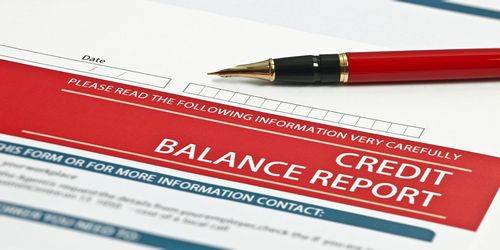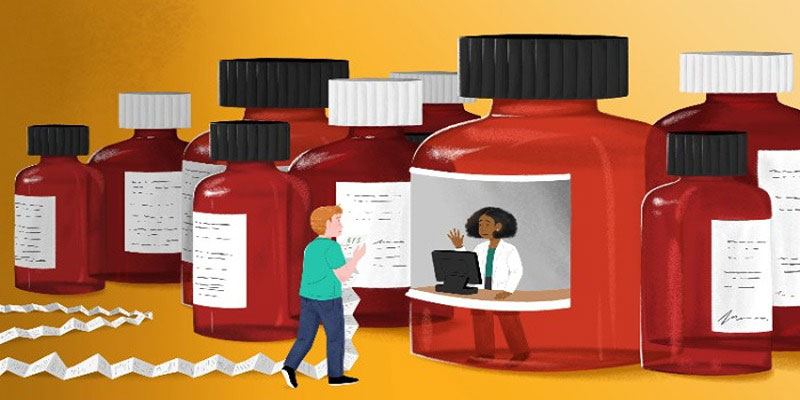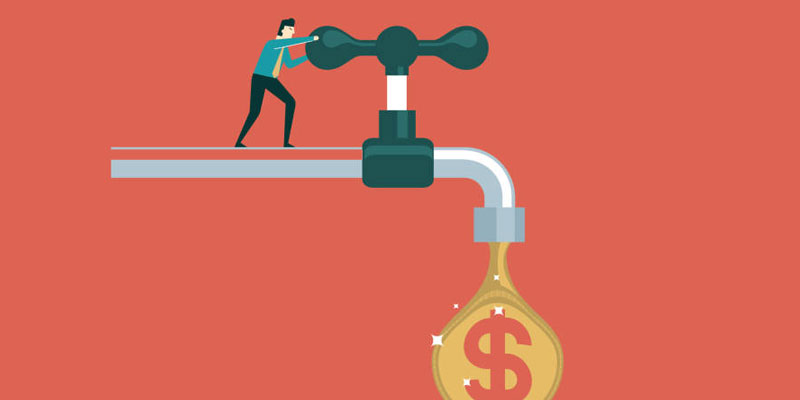Refinance Your Mortgage
Oct 04, 2023 By Susan Kelly
You went into the process of refinancing your home with the conviction that it was the best course of action the very first time. Since then, you've done anything as drastic as refinancing the mortgage. You are in a position where you are tempted to refinance again, even though interest rates are now where they are. What is the maximum number of times that you may refinance your home loan? Do you ever feel like you've had enough of a good thing?
A Refinance May Require You to Wait
Refinancing your mortgage may be beneficial for several reasons, including obtaining a lower interest rate, altering the term (or duration) of your loan, or switching from an adjustable-rate loan to a loan with a fixed rate. Alternatively, you could be interested in a cash-out refinance, which involves taking out a loan based on the increased worth of your property so that you can pay for home improvements or other expenses.
You can refinance your home as often as you choose. Still, some mortgage companies require a "seasoning" time to pass between mortgages on the same property or a certain amount of time between evaluations.
Ray Rodriguez claims that although certain lenders may need seasoning before approving a rate and term refinancing, this is not the norm. There is a consensus in the financial sector that the standard time frame for cash-out refinancing is six months.
The only other thing standing in the way of refinancing may be a penalty for paying off your existing mortgage early. Rodriguez contends that banks and other mortgage lenders are "strongly discouraged" by-laws from selling mortgages with prepayment penalties.
Rodriguez states, "a homeowner may refinance their mortgage as often as they would like." Still, before they do so, they should determine their goals and look for a solution tailored to their particular financial circumstances. "For instance, a loan with a shorter term will have an interest rate that is lower than that of a 30-year fixed-rate loan; but the payment will be larger since you will be paying it off quicker."
No matter how often you've already refinanced your home, determining whether a refinance is in your best interest is as simple as doing the numbers.
This Couple Refinanced Their Home Twice In One Year
Holly and Greg Johnson, who resided in central Indiana in 2016, completed two home refinancings within a calendar year. How exactly does it function? According to Holly Johnson, "we first refinanced a 30-year mortgage from 6.5% to 5.25% because we felt the savings was going to be worth the out-of-pocket expenses." Once interest rates dropped to that low of a point, we refinanced our mortgage once again into a 15-year loan at 3.25%.

At that time, we refinanced our refinance via a program that did not charge us fees; thus, we avoided paying any closing expenses. If my recollection serves me properly, we could have received a 15-year loan at a rate of 2.75%, but we opted for 3.25% instead so that we could have our closing expenses eliminated. Once again, the opportunity to save money was there if we followed through with it, so it was unquestionably worthwhile.
The Johnsons put a very modest amount toward purchasing their first home, just like many other young couples. Because they had less than 20 percent equity in their home (the difference between the amount they had paid down and the original loan amount), they were required to pay private mortgage insurance, which protects the lender against financial loss.
The couple swiftly accumulated more than 20% of their home's value in equity thanks to the reduced interest rate and shorter loan term that resulted from the first refinance. In addition, they made extra principal payments throughout this time. The Johnsons could eliminate the obligation for private mortgage insurance by the time they refinanced their home for the second time, which resulted in an extra monthly savings of $135.
Not simply 2 refinances — 4

But that's not the end of it. "In addition to refinancing our own home, we also refinanced each of our rental homes once," Johnson said. "We are quite pleased with the results." A lot of effort would be involved.
"I wouldn't say that any of our refinancings were particularly challenging since we had the equity and the arithmetic made sense at every time," she said. Because we are also quite organized, compiling the necessary papers was never a particularly difficult task, as she said.

See: How Credit Card Balance Transfers Work?

Why Do Wealthier Students Receive More Help Than Others

What Is Subordinated Debt And What Are the Possible Consequences?

Cost comparison: new vs. used car purchases

How Much Budget Should Fintech Companies Allocate for Marketing?

Ways to Reduce Medical Debt

Monetary Policy in a Nutshell

How Interest works on Savings Account

Hikkake Candlestick Pattern: Step-by-Step Guide for Trading
